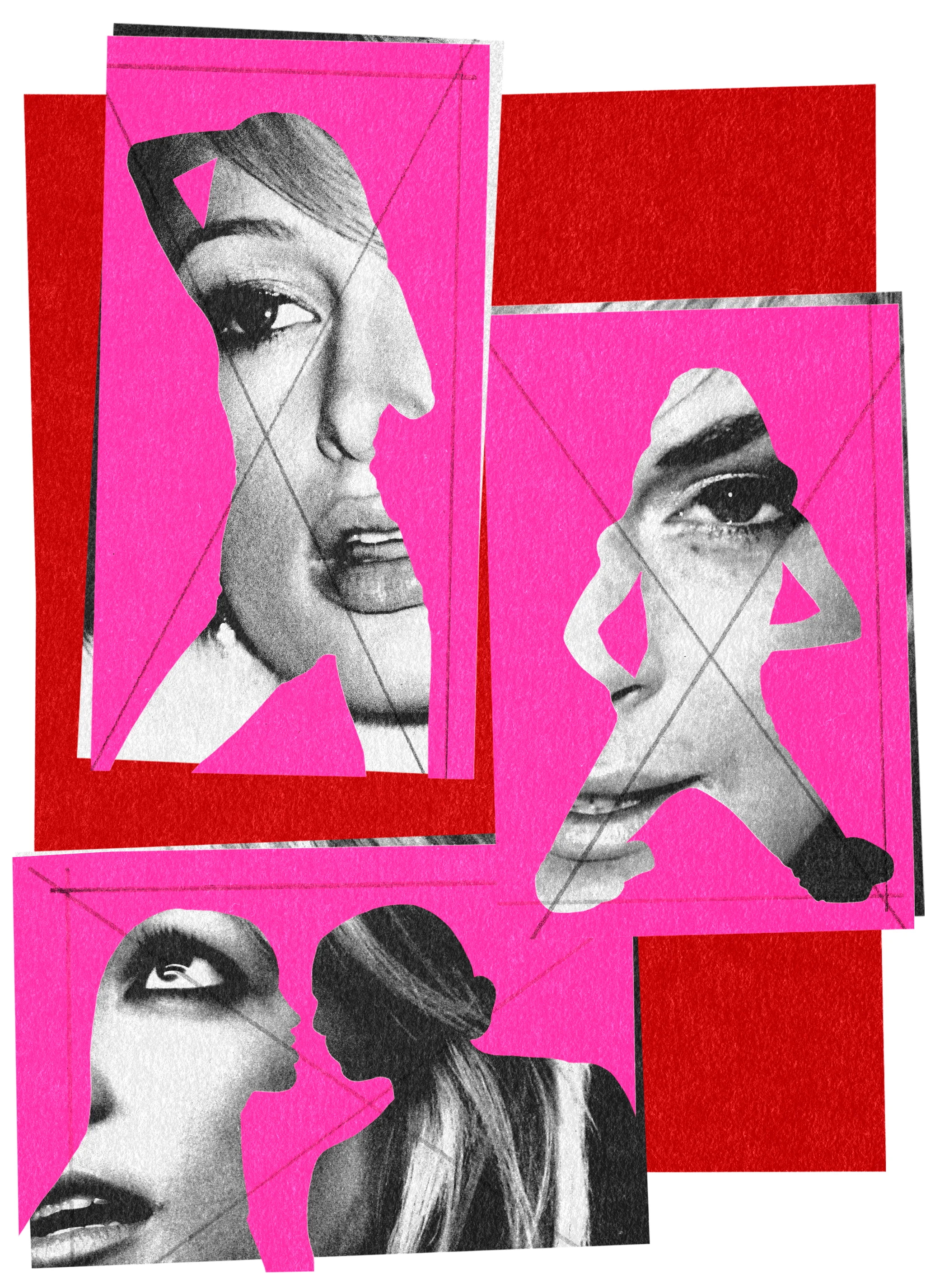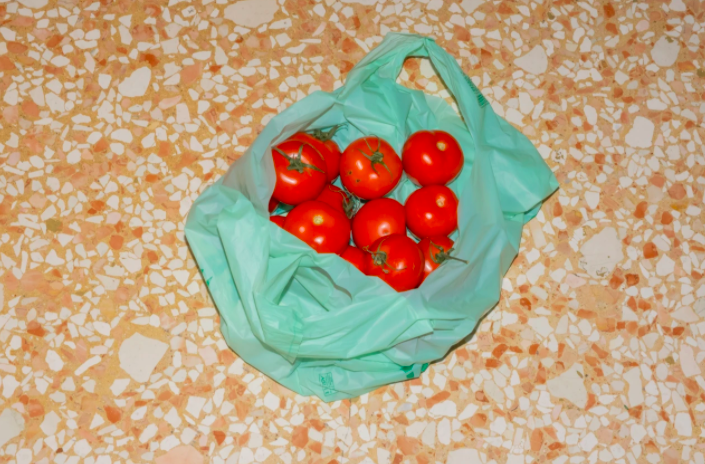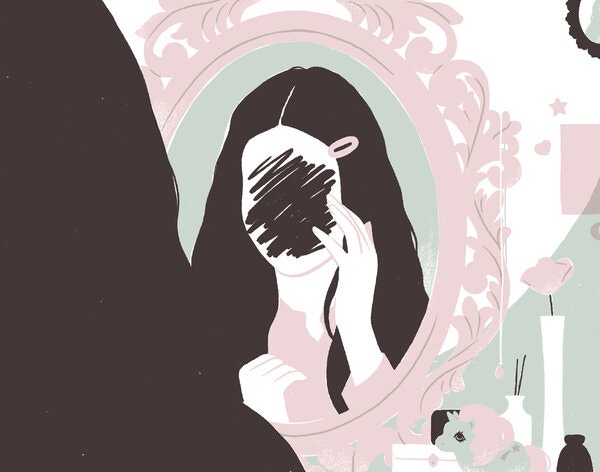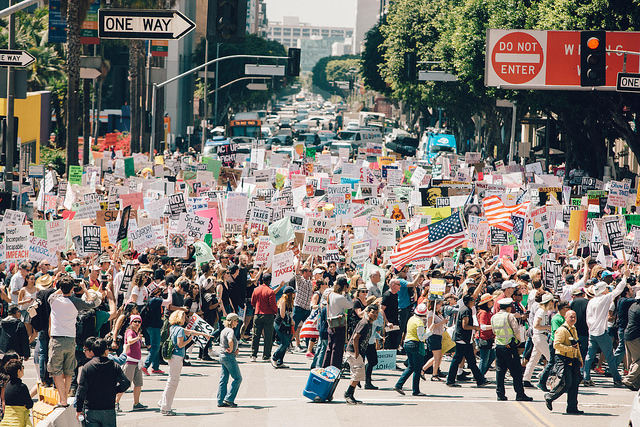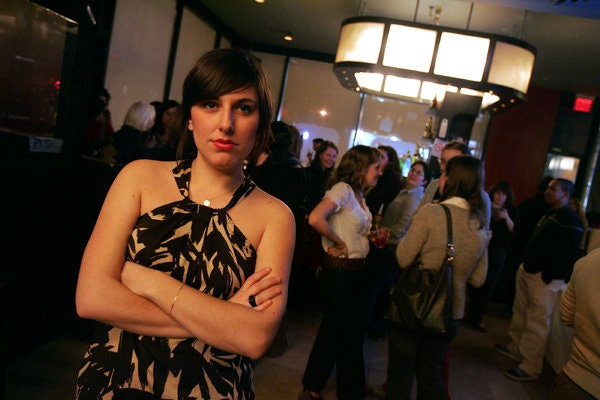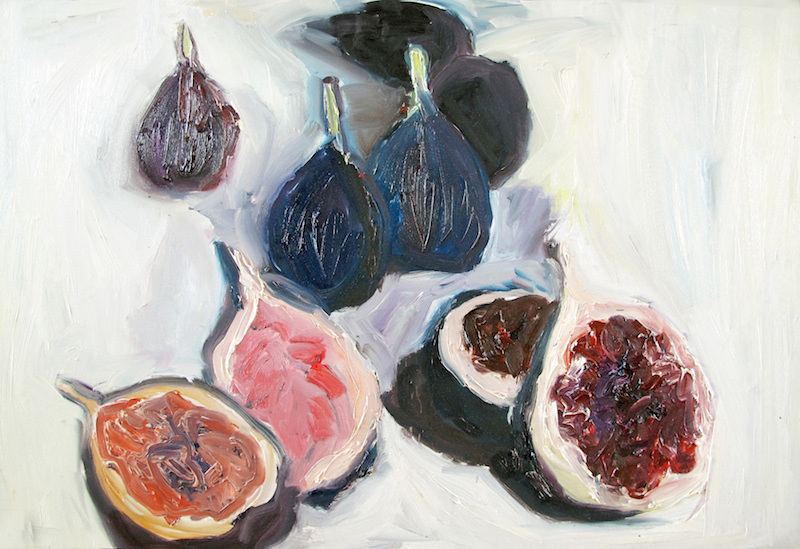_______________________
Selected Writing
January 2026
![]()
Tiffany Calvert, #364. 2020, oil on inkjet print on canvas mounted to panel. 14 × 11". Photo by Sarah Lyon. Courtesy of the artist. © Tiffany Calvert, 2020. Private collection.
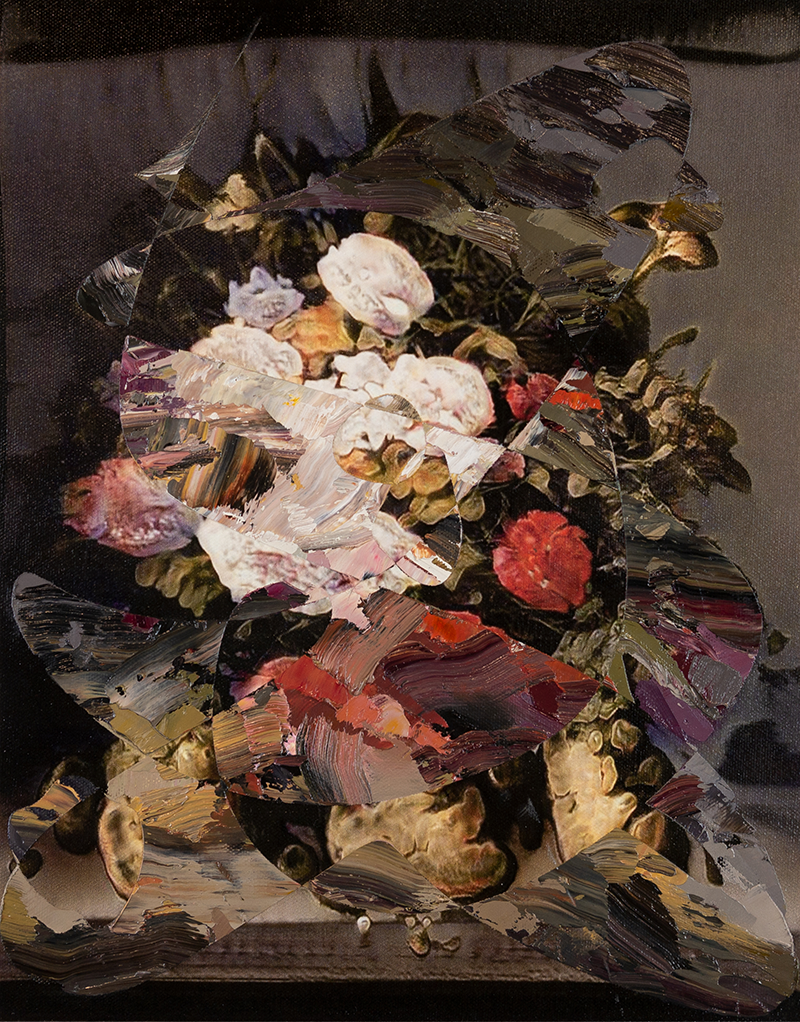
Tiffany Calvert, #364. 2020, oil on inkjet print on canvas mounted to panel. 14 × 11". Photo by Sarah Lyon. Courtesy of the artist. © Tiffany Calvert, 2020. Private collection.
Not All Woman
n+1
On Enemy Feminisms: TERFs, Policewomen, and Girlbosses Against Liberation.
n+1
“Surveying the past two hundred years of anglophone feminism, Lewis argues that the tradition has always been divided, with some feminisms locked in active antagonism with others. Radical utopian feminisms have jostled with fearful, conservative ones; libertarian, cosmopolitan feminisms have railed against carceral, xenophobic ones. Communist feminisms have battled not only liberal capitalist feminisms but straight-up fascist ones. Given this history of intrafeminist conflict, Lewis suggests, it’s time we gave up the comforting myth that feminism is always and everywhere a force for good. ‘Let’s be brave and swallow our bitter medicine,’ she writes; let’s call these ugly tendencies what they are. Yes, fascist feminisms are enemy feminisms, but they’re still, unfortunately, feminisms. ‘Asking “which side are you on?” is the most elemental level of political physics,’ she adds. ‘The side of women’ doesn’t exist. It never existed.’”
On Enemy Feminisms: TERFs, Policewomen, and Girlbosses Against Liberation.
What Did the Pop Culture of the Two-Thousands Do to Millennial Women?
The New Yorker
On Girl on Girl: How Pop Culture Turned a Generation of Women Against Themselves.
The New Yorker
“During the past few years, a new decade has emerged as an object of consciousness-raising-style reappraisal, as millennial women entering their thirties and forties look back at the era in which they came of age: the two-thousands.”
On Girl on Girl: How Pop Culture Turned a Generation of Women Against Themselves.
August 2022
![]()
Emma Talbot, In The End, The Beginning. 2021, acrylic on silk. 82 × 58". Courtesy of the artist, via n+1.
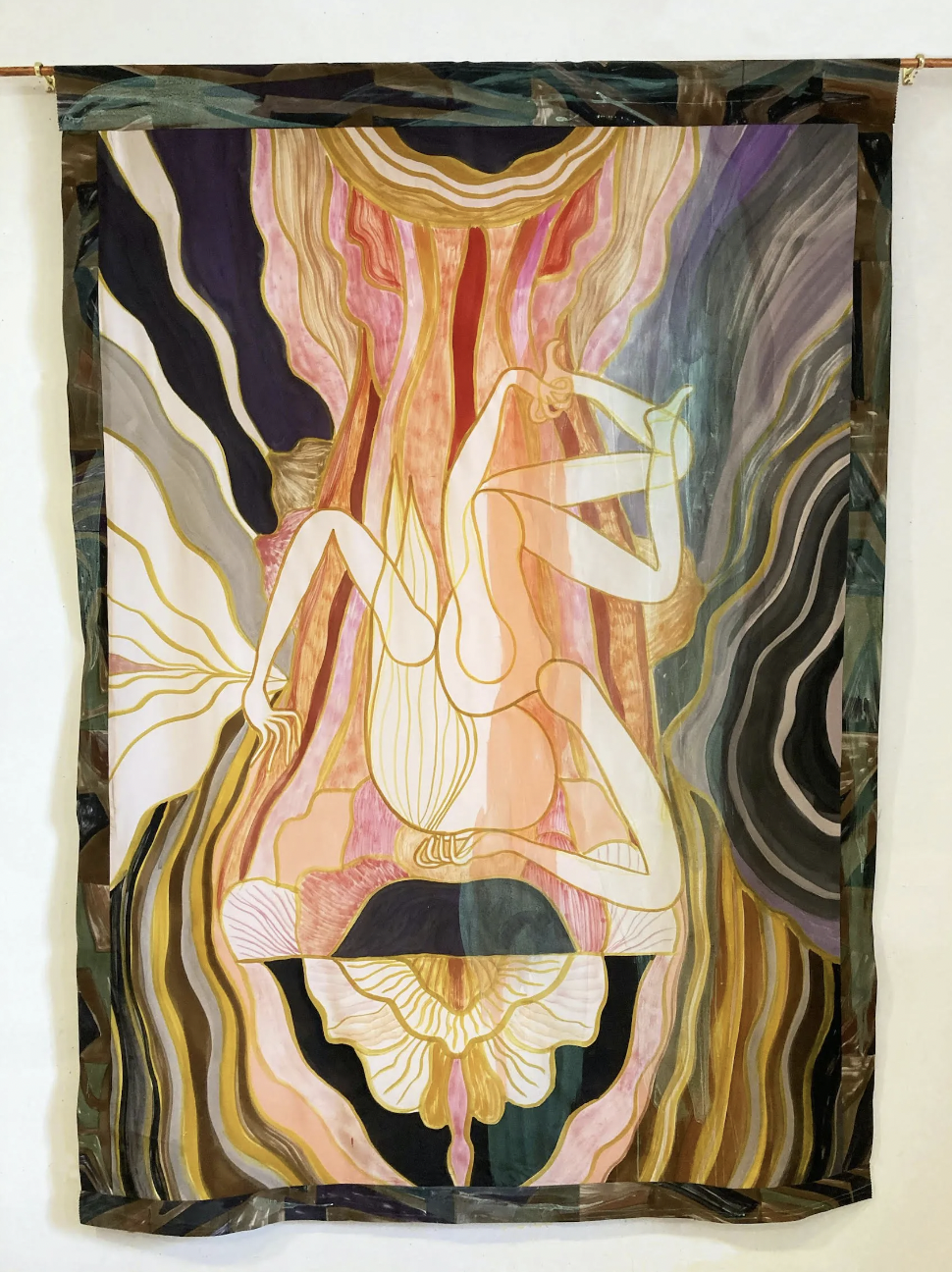
Emma Talbot, In The End, The Beginning. 2021, acrylic on silk. 82 × 58". Courtesy of the artist, via n+1.
Your Body, My Choice
n+1
On Dobbs v. Jackson and the movement to criminalize abortion.
n+1
“Euphemisms have long clouded the abortion debate, and there is no term in American politics more mendacious than pro-life. Now that the Supreme Court of the United States has overturned Roe v. Wade and the constitutional right to an abortion in Dobbs v. Jackson [. . . ] it is essential to call things what they are. Those who wish to ban legal abortion are not “pro-life”; they are pro-criminalization. Those who wish to protect the right to abortion are not “pro-choice”; they are anti-criminalization. Reframing the conflict in these terms clarifies the stakes. At issue here is not a principled attachment to “life” or to “choice” but the practical question of whether terminating a pregnancy should be considered a crime. It also lessens the temptation to exhaust oneself doing what we often waste time doing: calling hypocrites hypocritical, as if they care.’’
On Dobbs v. Jackson and the movement to criminalize abortion.
June 2021
![]()
Sam McKinniss, Madonna, 2018, oil and acrylic on canvas, 16 x 12". Courtesy the artist and Almine Rech, via Bookforum.
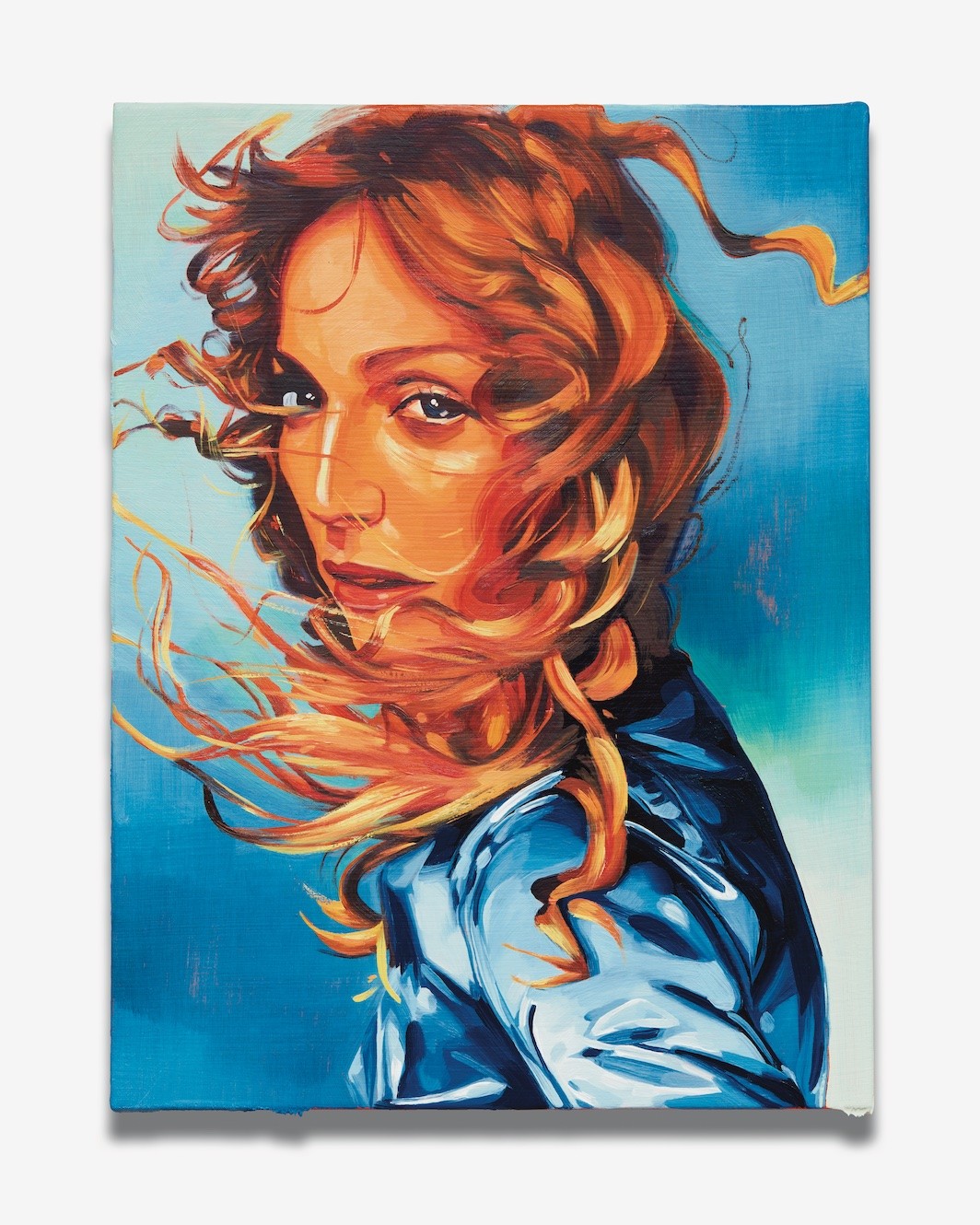
Sam McKinniss, Madonna, 2018, oil and acrylic on canvas, 16 x 12". Courtesy the artist and Almine Rech, via Bookforum.
What Are You Looking At?
Bookforum
On Truth or Dare, Madonna’s 1991 tour documentary, thirty years later.
Bookforum
“Onstage, her energy is explosive. She’s jumping, flexing, kicking, strutting, thrusting, pirouetting, and running in place. She’s fondling her Gaultier cone bra, grabbing her crotch. Her body is insane, tiny and muscular and somehow still soft. Offstage, her boundaries are, by today’s standards, abominable, especially for a boss. ‘Does Jose love me more than I love him?’ she croaks, hanging off his arm in a hotel. Luis says yes, that Jose comes back from rehearsal and pumps ‘Lucky Star’ in his room—that’s how much he loves her. Madonna drops to the floor and puts her loving cheek on his foot. ‘Don’t ever leave me!’”
On Truth or Dare, Madonna’s 1991 tour documentary, thirty years later.
Kitchen Person
SSENSE
On kitchens and the people who love them.
SSENSE
“There is being a kitchen person, and then there is being a kitchen alpha. A kitchen person likes to cook, to linger, to stand in the kitchen at a house party, and in all likelihood has opinions about what makes a good kitchen. Kitchen alphas, by contrast, step into their natural authority in the kitchen and suffer when they cannot be in charge. All kitchen alphas are kitchen people, but not all kitchen people are alphas.”
On kitchens and the people who love them.
The Desk and the Daring
The New York Review of Books
On Vivian Gornick.
The New York Review of Books
“She was fascinated by how much the scientist’s inner life resembled the writer’s: both ruminated ‘continuously on the nature of physical or imaginative life’; both endured ‘grinding, repetitive’ work in hopes of breaking through. Both caught insight by surprise—in the shower, at 3 in the morning—and felt elation and relief when they did. Gornick was moved by the perseverance of the women who had occupied ‘peripheral, often humiliating positions’ for decades just to feel the pleasure of their own minds at work.’”
On Vivian Gornick.
Woman Kind
The New York Times Book Review
A review of The Lying Life of Adults by Elena Ferrante.
The New York Times Book Review
“For Giovanna and her peers, there is less physical violence and more freedom of movement, less homophobia and more negative body image. (This is the era of Reviving Ophelia.) There is also more humor to be found, at least in Giovanna’s perfect Gen X deadpan. But the deep structure of psychic life is the same: Love stands at the center of women’s lives more than it should; ambition is tangled up in sex; desire doesn’t so much blind the characters as hijack their powers of judgment and conscript them into its service.”
A review of The Lying Life of Adults by Elena Ferrante.
January 2020
![]()
Olga Mikh Fedorova, Protection. 2019, print on canvas. 31 1/2 × 23 3/5”. Courtesy of the artist.
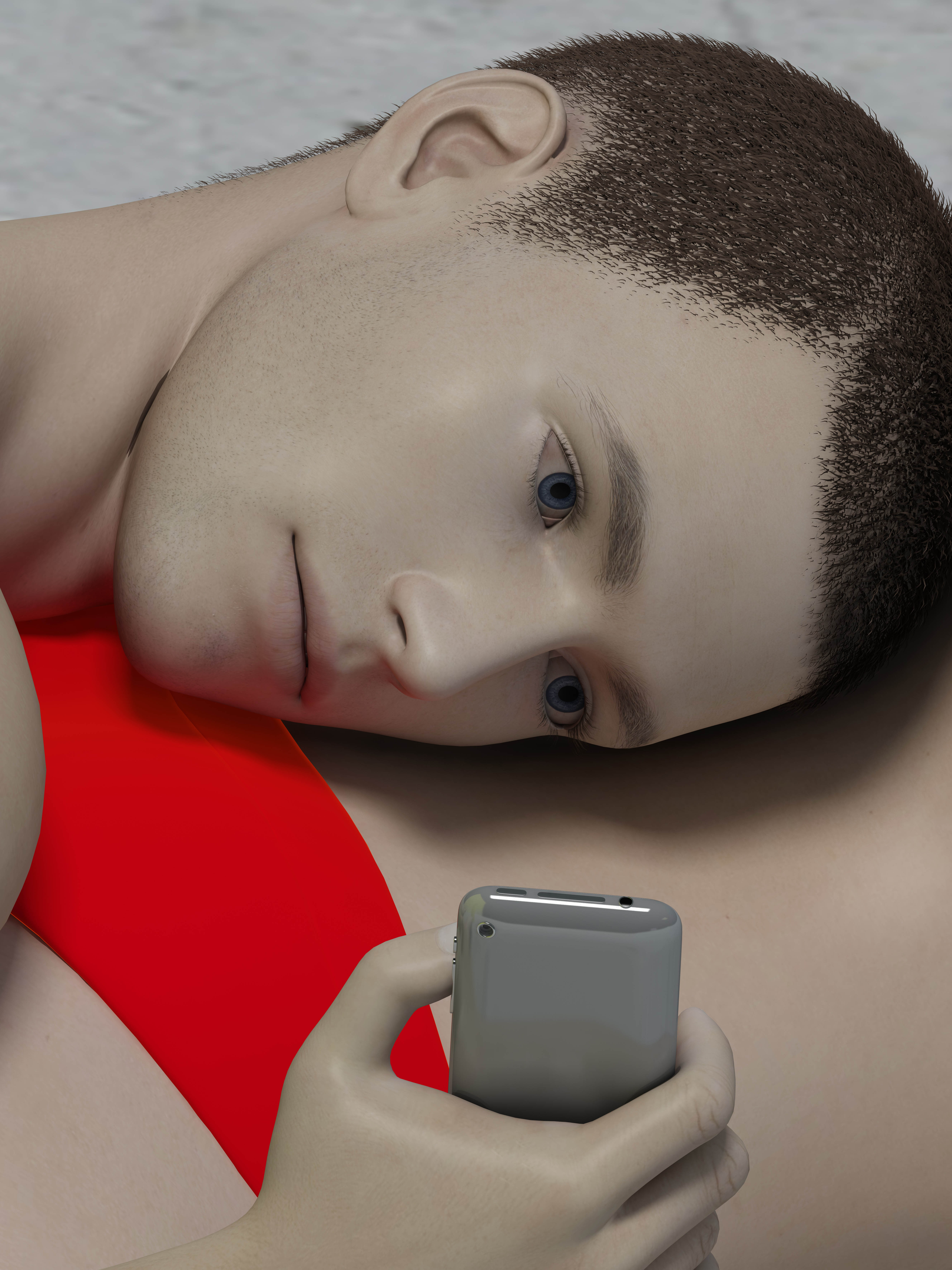
Olga Mikh Fedorova, Protection. 2019, print on canvas. 31 1/2 × 23 3/5”. Courtesy of the artist.
My Instagram
n+1
An essay about life on Instagram.
Reprinted by The Guardian under the headline Infinite Scroll.
n+1
“Instagram people did not seem mean or clever. They were earnest and sincere. They drank green smoothies and went on hikes, sought personal bests, good health, peace of mind, and oneness with the universe. They believed every day was a beautiful day to be alive. Leaving Twitter for Instagram was like moving to Los Angeles, only cheaper.”
An essay about life on Instagram.
Reprinted by The Guardian under the headline Infinite Scroll.
Market Research: Pencil Skirt
SSENSE
A meditation on the Givenchy 4G button skirt and the political connotations of pencil skirts.
SSENSE
“The message of this skirt is not subtle. The politician who wears it will be irrational and constricted in her dress so that she may be sensible and deregulatory in her work. Pants on women is for communists and technocrats; pencil skirts are for open markets and closed borders, unbounded trade and bounded legs.”
A meditation on the Givenchy 4G button skirt and the political connotations of pencil skirts.
January 2018
![]()
Lola Rose Thompson, Everyone Pretending To Be Fine And Dandy Until They Can’t. 2016, watercolor on paper. Courtesy of the artist.
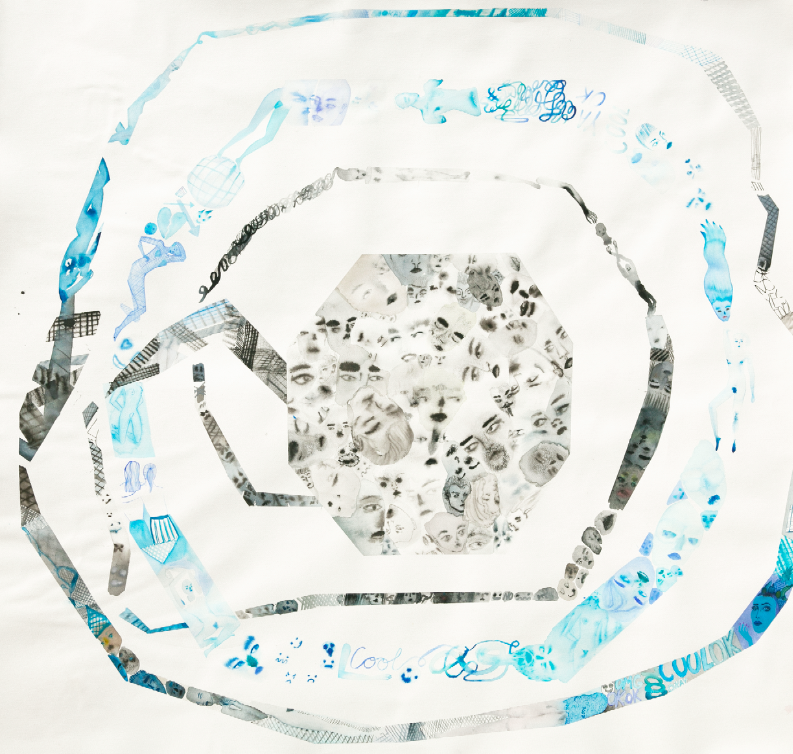
Lola Rose Thompson, Everyone Pretending To Be Fine And Dandy Until They Can’t. 2016, watercolor on paper. Courtesy of the artist.
In The Maze
n+1
An essay in response to Me Too, the Trump administration, and the year 2017.
Reprinted in The Guardian under the headline Reckoning with a culture of male resentment.
n+1
“Whatever else it may be, sexual harassment in the ‘workplace context’ is a check on a person’s autonomy, a threat to one’s means of self-support. It can feel like being put in place, chastised, challenged, or dared. Sure, you can do anything, it says. But don’t forget that I can still do this. The dare comes from winners and losers alike. Either you accept it and pay one price or you don’t and pay another. All of it always feels bad.”
An essay in response to Me Too, the Trump administration, and the year 2017.
Reprinted in The Guardian under the headline Reckoning with a culture of male resentment.
You’re The Real Job Creator
n+1 online
An interview with economist Stephanie Kelton.
n+1 online
“We judge the government’s behavior as if smaller deficits are by definition good, bigger deficits are by definition bad, and a balanced budget is by definition the goal. All of that, in my view, is just getting it wrong.”
An interview with economist Stephanie Kelton.
November 2017
![]()
Signs in a storeroom at the headquarters for the Chicago Teachers Union strike in 2012 © AP Photo/Sitthixay Ditthavong.
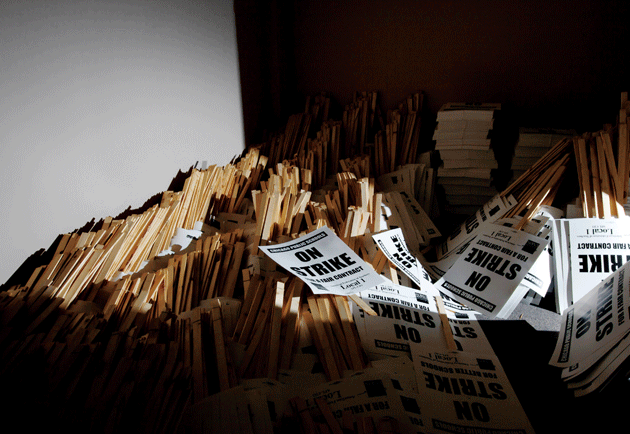
Signs in a storeroom at the headquarters for the Chicago Teachers Union strike in 2012 © AP Photo/Sitthixay Ditthavong.
Lean Out
Harper’s Magazine
A review of No Shortcuts: Organizing for Power in the New Gilded Age, by Jane McAlevey.
Harper’s Magazine
“For the time being, feminist struggles are labor struggles, and labor struggles are feminist struggles. The Trump Administration’s push to eliminate public services, from Medicaid to schools, is a battle in which women have a special stake, and not only because millions of health-care workers and educators are women.”
A review of No Shortcuts: Organizing for Power in the New Gilded Age, by Jane McAlevey.
Bluebeard
n+1 online
On Elena Ferrante’s privacy.
n+1 online
“‘I need solitude,’ Woolf wrote in her diaries. ‘I need space. I need air. I need the empty fields around me; and my legs pounding along roads; and sleep; and animal existence.’”
On Elena Ferrante’s privacy.
Zadie Smith’s Dance of Ambivalence
The Atlantic
A review of Swing Time by Zadie Smith.
The Atlantic
“Smith links the dancer’s gift of knowing the right time to do everything to the storyteller’s gift of knowing the right time to say everything. Tracey, from a young age, possesses both.”
A review of Swing Time by Zadie Smith.
Countering the Offensive
The New York Times Book Reivew
A review of Sex Object by Jessica Valenti and Shrill: Notes From A Loud Woman by Lindy West.
The New York Times Book Reivew
“Such is the double bind of sex-objecthood: You resent the standards but still want to meet them, because that’s the ticket to love. Ultimately, West did come to know this most important thing, and like Valenti, saw the double bind thrown back at her in the form of a contradictory threat: You are too fat and ugly to rape, but I would rape you anyway.”
A review of Sex Object by Jessica Valenti and Shrill: Notes From A Loud Woman by Lindy West.
Those Like Us
n+1
On Elena Ferrante’s feminist influences.
n+1
“The Milan Women’s Bookstore Collective encouraged women to seek out symbolic mothers and symbolic daughters, and to build a tissue of preferential relationships. To entrust oneself, Muraro wrote, meant to ‘tie yourself to a person who can help you achieve something which you think you are capable of but which you have not yet achieved.’”
On Elena Ferrante’s feminist influences.
